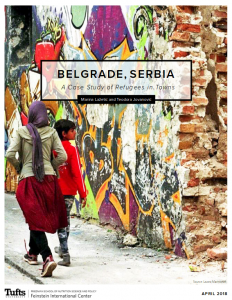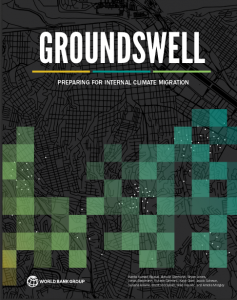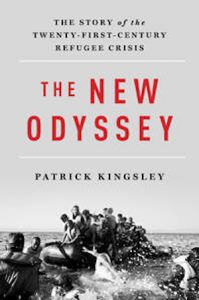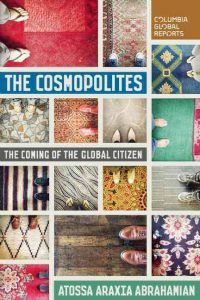 reliefweb | 02.04.2018
reliefweb | 02.04.2018
Marina Lažetić and Teodora Jovanović
Introduction
Before 2015, the prevailing representation of irregular migration to the European Union concerned the Mediterranean migration routes, but in the summer of 2015, the focus shifted to the Balkan Route (Beznec et al. 2016, p.4). The corridor established in early summer 2015 led to large groups of refugees and migrants becoming stranded in Serbia – often sleeping in parks in Belgrade. This case study looks at the legal status, social, and economic life, and opportunities of migrants and refugees two years later, in Belgrade, Serbia. Our findings are a result of five months of field research conducted during the summer and fall of 2017, and draw on one author’s experience with humanitarian service provision at an aid center in Belgrade.







